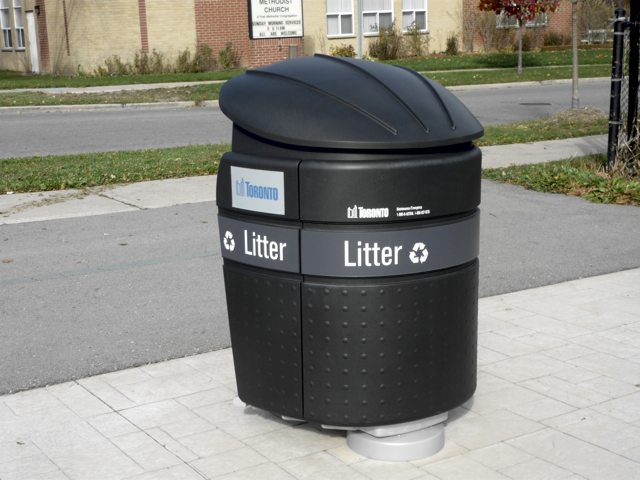
5 R’s – Reduce, Reuse, Recycle, Recovery before Refuse
Reducing our use of scarce resources will help our environment, in addition to saving you money. As all these resources cost money, using less means paying less. This includes water, natural gas, electricity, garbage, gasoline, etc.
Recently, I had a resident say to me that he had to be more environment-friendly than his City Councillor, so I have decided to list my use of these resources to see how your household compares to mine. Admittedly, there are many factors that determine your household’s usage, including size/type of home, number of people, etc.
At the end of May, my YTD (year-to-date) electricity use is 3055 units (peak-time – 383 units, mid-period – 361 units and low-period – 2312 units). I use an electricity-heated hot water tank. My water use after my first utility bill was 22.36 units, and I use the smallest grey garbage bin. My home heating gas bill shows 2350 units used for 2014 YTD. I recently bought a re-sale hybrid car and my gasoline usage is 6.3 litres per 100 km in the summer.
I am considering running a contest for households in Ward 41 who best me, but it is rather difficult to evaluate who has a smaller ecological footprint. I will have to ask experts to come up with a way of evaluating ecological footprint in the use of the above resources.
Caneast hosted a “Recycle Your Electronics ” event at Woodside Square on the weekend of April 26 – 27. I was there to support them. The group collected 95,900 kg of electronic waste that weekend from Ward 41 residents – a record-breaking feat.
On Sunday, June 8, 2014, I hosted my Community Environment Day at Nashdene Yard. The backyard compost went quickly and was gone by 1 P.M. Ward 41 residents dropped off 3280 kg of old electronics and 3450 kg of hazardous waste. In total, 43 green bins were distributed – 42 of those were exchanges. One new resident joined our community and picked up a green bin. Also, 426 residents attended the event with 120 people using Hotz Harzardous Waste’s services.
Long-Term Solid Waste Management Strategy
In June, Toronto hosted the first round of consultations on the long-term solid waste management strategy and this consultation will continue until 2015. You can read about this and provide your input. The URL is too long, so please Google “Toronto Waste Management Strategy”, to find the City of Toronto’s webpage to learn more about this initiative, sign up to receive updates and help decide the best way to safely and responsibly manage garbage in Toronto over the next 30 to 50 years.
Don’t Pollute Your Drinking Water
We have received complaints from residents about neighbours pouring unknown substances down storm catch basins. If you see someone doing this, please stop them, and ask them what it is. They could be polluting our drinking water.
The catch basins on the roads and backyards in Ward 41 are for rain that falls in the area. The water mostly drains directly into our waterways without treatment and eventually ends up in Lake Ontario. Lake Ontario supplies drinking water to Toronto and many other cities. Any substance that is poured into these basins will likely end up in your drinking water.
Toronto and Region Conservation Authority Policy Consultation
The Toronto and Region Conservation Authority (TRCA) has developed a draft version of its Living City Policies. During the past year, the TRCA has held consultations with stakeholders to develop the draft policy document. The public is invited to comment on it at http://www.trca.on.ca/LCP.
